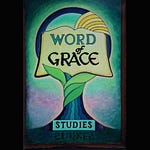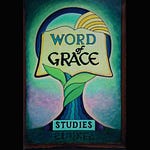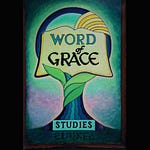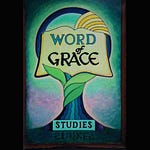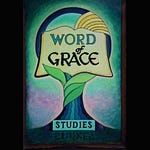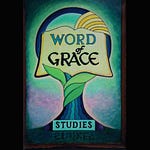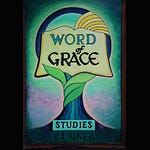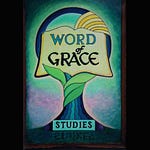And he said this parable, “A certain man had a fig tree planted in his vineyard, and he came seeking fruit from it and did not find any. And he said to the vinedresser, ‘Behold, three years I have come seeking fruit by this fig tree and I have not found any. Cut it down. Why also is the ground rendered ineffective?’ Then answering him saying to him, ‘Lord, let this one be alone also for this year, until when I dig around it and cast manure, and if on the one hand it brings forth fruit, but if indeed not, after that cut it down.’” Luke 13:6-9
The Destruction of the Temple in AD 70
Was not the rejection of Israel.
Christ prophesied concerning its destruction in response to Israel rejection of her Messiah, before the parable of the fig tree (Matthew 24:2).
The mixing of the blood with the sacrifice in AD 70 described by Josephus is not foretold in Luke 13:1–3.
The description of a tower during the seize, described by Josephus, is not foretold about in Luke 13:4–5.
Similarity is not identical.
Josephus records the priest still making sacrifices as many were being killed. He does not specifically indicate blood mixed with the sacrifice, but the scene describes with human blood flowing around the altar, and the priests continuing to sacrifice describes the mingling of blood with the sacrifice.
The event in Luke 13:4 is not found in Josephus’ record. Josephus describes the toppling of towers, but not anything specific to Luke 13:4.
In the context, Christ is speaking about their unbelief in Him, not the manner in which they will die.
The Messianic Jews
A Messianic Jew is a Jew by race who confesses Jesus of Nazareth as the Messiah, upholding the authority of both the Old and New Testaments, while preserving aspects of Jewish identity.
The inspiration and authority of the Tanakh (Old Testament) and New Testament.
Jesus as the Messiah (HaMashiach), fully God and man, whose death and resurrection provide atonement for sin.
The Trinity, salvation by grace through faith, and the indwelling of the Holy Spirit.
The continued validity of Jewish identity, customs, and observances (though not for salvation).
The Jews in Jerusalem sought to maintain their Jewish identify, separating themselves from the Gentiles and maintaining a connection to the Law, Acts 21:20.
Regeneration and the Church
During Christ’s earthly ministry no one was regenerated—born again.
Jesus spoke of the necessity of a new birth, John 3:3,6.
Jesus spoke of a future birth, John 7:38–39.
Those who believed in the Messiah would not die into the age.
The one who drinks of the water Christ gives will not thirst in the that age, John 4:14.
Those who eat of the living bread will not die into the age, John 6:50–51, 58.
The one keeping His word will not die into the age, John 8:51–52.
Christ will give them eternal life, John 10:28.
He is the resurrection and the life, those who believe will not die into the age, John 11:26.
They were given the authority to become children of God, John 1:12.
When the Holy Spirit comes, new birth happens, John 3:5 (born of water even Spirit). cf. John 7:38.
The Holy Spirit washes and regenerates, Titus 3:5.
The End of the Dispensation of Law
Christ is an end of the law unto all who believe, Romans 10:4.
Christ came to fulfill the prophets and the law, Matthew 5:17.
The veil of the Temple was torn at the death of Christ, Mark 15:38.
The doctrine of the apostles, Acts 2:42.
The Beginning of the Church
The coming of the promised comforter, Acts 1:4–8.
The transition of believing Jew into the Church.
All in the upper room receive the Holy Spirit, Acts 2:3.



